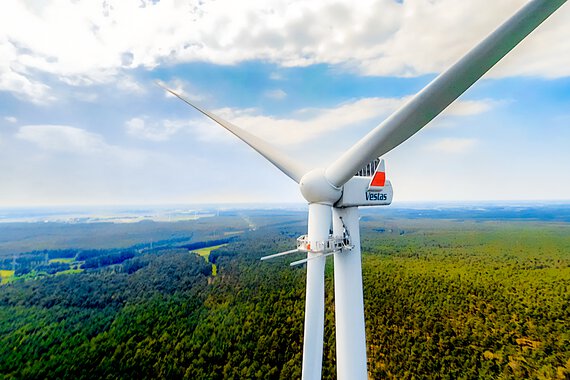Creating more sustainable joinings - with recycled steel
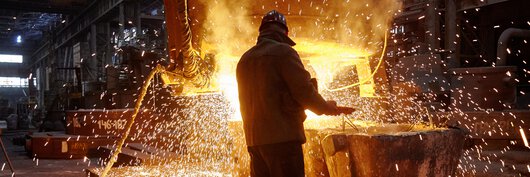
Countless fasteners are made of steel every day. This is also the case at Böllhoff. At our production site in France, we largely rely on recycled steel as a raw material for the production of steel elements. Our goal: from 2025 onwards, we want to use only recycled steel - 100% (plan as of: September 2024).
An ideal material for fasteners
Steel is one of the most widely used materials in the world - and not without reason. After all, steel is a multi-talented material: it enables stable and durable products that are also easy to recycle.
Once produced, steel remains in the material cycle through any further recycling and processing. As recycled steel, the material can be used again and again to manufacture new products - without any loss of quality. Perfect for our fasteners!
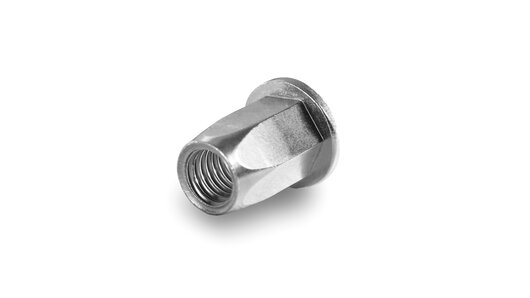
Recycled steel in use
At our production site in La Ravoire, France, around 600 million fasteners are manufactured every year - mainly from steel. Recycled steel is used for the most part in the production of these steel fasteners, which are mainly blind rivet nuts and studs.
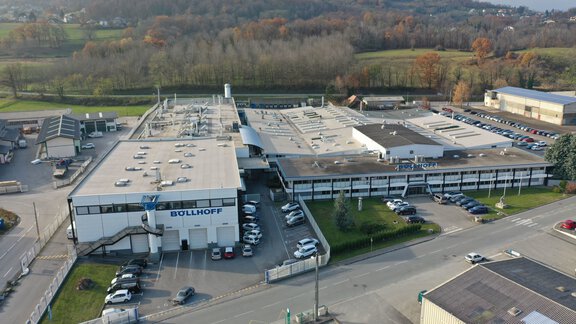
In the picture: Part of our Böllhoff site in La Ravoire - in the background the production halls where fasteners are made.
As of 2024, 70% of the steel in our blind rivet nuts and studs from France is recycled steel. This means that this steel has already been used in a wide variety of applications before it now creates more sustainable joinings for us after recycling - in its second life. And an increase in the proportion of recycled steel is already firmly planned.
»"In La Ravoire, we turn 4,500 tonnes of steel into fasteners every year. From 2025 onwards, we want to only use recycled steel for this - 100% instead of the current 70%. This will enable us to significantly reduce CO₂ emissions in our value chain, i.e. in Scope 3."
A plus in terms of sustainability
More recycled steel, fewer emissions
Recycled steel causes less than half the CO₂ emissions of conventional steel during production. In concrete figures, this means that from 2025 onwards, we will reduce our CO₂ emissions from purchased steel to up to 4,050 tonnes per year.*
By way of comparison, if we were to purchase all the steel that we form into fasteners in La Ravoire as conventional steel, the emissions would be significantly higher: almost 10,000 tonnes of CO₂ per year. So it's an important step to switch completely to recycled steel - with a big impact.
Detailed analysis of the CO₂ footprint
A look at the value chain as an opportunity
The recycled steel project is just one of several sustainability projects that have resulted from the development of the CO₂ footprint in France. In 2022, colleagues at the La Ravoire site analyzed the total emissions in Scopes 1 to 3.
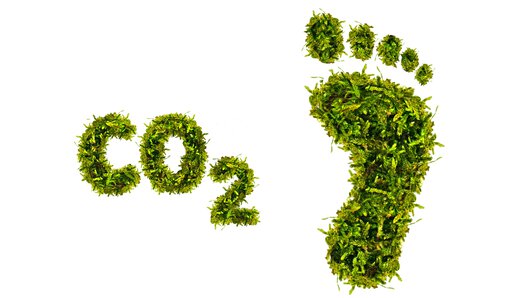
It quickly became clear that manufacturing companies like Böllhoff do not have the greatest potential for savings in their own area of responsibility, i.e. in Scopes 1 and 2. Instead, it is also worth looking at Scope 3: the CO₂ emissions in the upstream and downstream value chain. The raw materials we purchase for our fasteners are particularly important here. These also cause different levels of emissions during the manufacturing process, depending on the raw material.
With this knowledge, our colleagues in France and around the world will continue to work at full speed to find - and realize - further savings potential in the value chain.

»"Over 90% of our emissions are generated in Scope 3, for example in the production of the steel that we process. This was a shock at first, but it is also a great opportunity to look beyond the company - and to leverage further savings potential in close cooperation with supplier partners."
* The calculated CO₂ emissions for conventional steel and recycled steel at the Böllhoff site in France are based on emission factors from the public database "Base Carbone". The database is provided by the French government agency ADEME (Agence de la transition écologique). Emission factor steel: 2.2 tons of CO₂e per ton of steel; emission factor recycled steel: 0.9 tons of CO₂e per ton of recycled steel.

